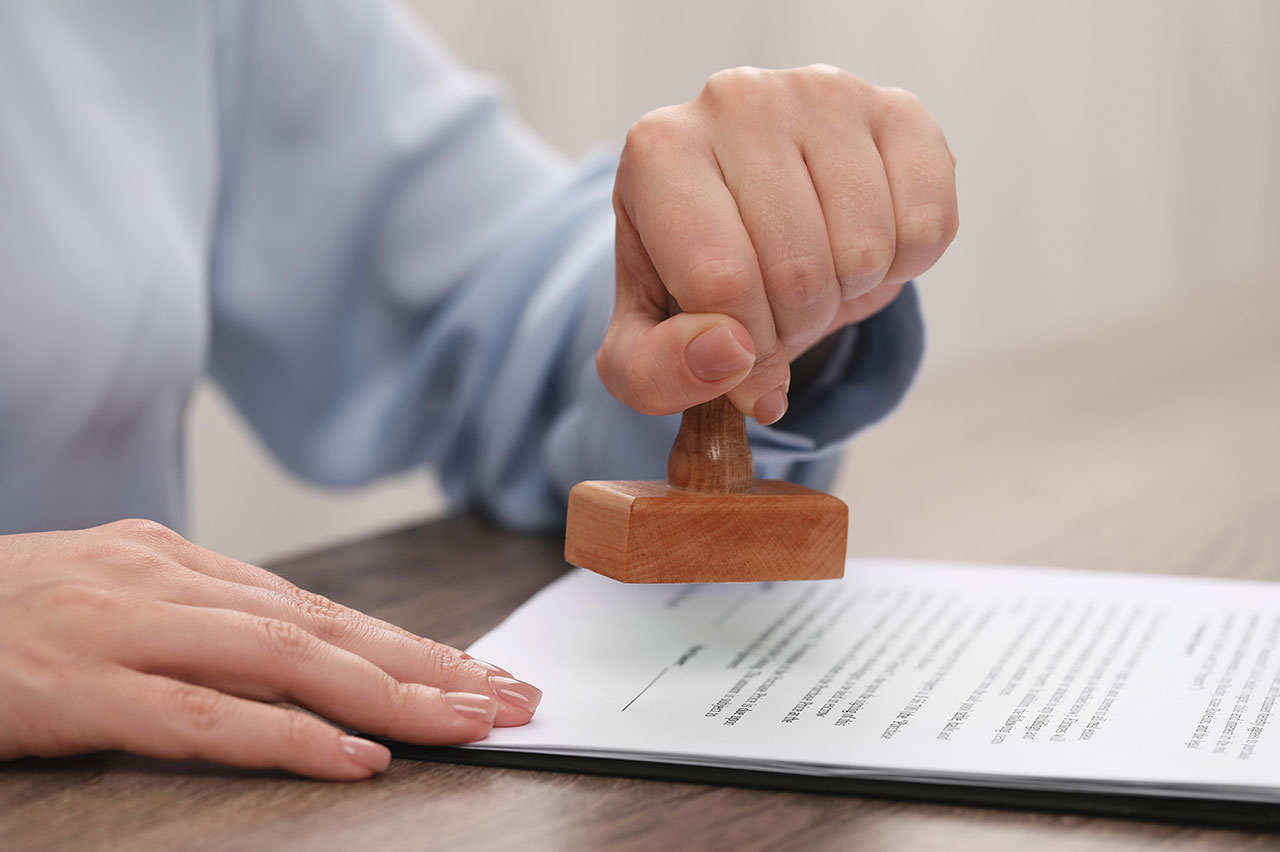When personal, academic, or legal papers such as birth certificates, diplomas, or marriage records must be presented in another country, document legalization becomes essential. This formal procedure verifies that a document issued in one country is genuine and recognized as valid abroad. Without proper legalization, foreign authorities may reject even authentic paperwork.
Document legalization is not the same everywhere. In some cases, the process is straightforward, while in others, it involves multiple steps with local and foreign government offices. Understanding what it means and how it works can save time and prevent setbacks in your international plans.
Understanding the Process
Document legalization verifies a public document issued in one country, so it can hold legal status abroad. It typically confirms the authenticity of signatures, official stamps, and seals. This applies to a wide range of documents, including birth and marriage certificates, academic transcripts, corporate registration papers, and court orders.
Most foreign governments will not accept these documents at face value. Legalization acts as a chain of trust, where each step involves confirmation by an official body until the destination country formally recognizes the document as valid.
How It Typically Works
While procedures vary between countries, the legalization process usually begins at the source. First, the document must be verified by a local authority, such as a notary public or a government department, to confirm that it is genuine.
Next, it is authenticated at a national level. In many countries, this is handled by the Ministry of Foreign Affairs or an equivalent department. This step makes sure the signature or seal from the local authority is recognized by the national government.
The final stage occurs at the embassy or consulate of the country where the document will be used. Officials there review the earlier checks, confirm compliance with their standards, and then attach a stamp or certificate confirming its acceptance. At that point, the document is legally recognized in the foreign jurisdiction.
Apostille vs Legalization
Legalization is often confused with the term “apostille,” though the two are not interchangeable. Apostille certification is used between countries that are members of the Hague Apostille Convention, which simplifies authentication by requiring only one certificate, without the need for embassy involvement.
Legalization applies when the destination country is not part of this agreement. In that case, the longer, multi-step procedure is necessary, ending with approval from the destination country’s diplomatic mission.
The key distinction lies in international treaties. If the receiving nation is part of the Hague Convention, an apostille will suffice. For non-member countries, legalization is the required route.
Situations That Require Legalization
Many personal and professional situations call for document legalization. Students applying abroad may need legalized transcripts or degrees. Employers often ask for legalized professional credentials or reference letters. Couples marrying overseas may need legalized birth or single-status certificates.
In business, companies expanding internationally often require legalized incorporation papers or contracts. Immigration offices also rely on legalized documents for visas, sponsorships, and background checks.
The context varies, but the purpose remains the same – to verify authenticity for recognition in another country.
Common Document Types
Though requirements differ globally, some documents frequently require legalization. Academic diplomas, transcripts, and degree certificates often top the list for educational purposes.
Corporate documents such as certificates of incorporation, bylaws, and commercial contracts are common for business engagement. Civil records like birth, marriage, and death certificates are often needed for legal, personal, and immigration matters.
Police clearance certificates, medical statements, and court judgments also fall within the scope, depending on the purpose and the rules of the destination country.
Timeframe for Legalization
Processing time depends on the type of document, the specific authorities involved, and the destination country’s internal timeline. In some cases, it can be completed in a few days, while others may take several weeks.
Embassy stages are often the slowest, as each diplomatic mission operates under its own schedule. Starting the process early is wise when deadlines are tight, and some professional agencies exist to handle legalization on behalf of individuals or businesses.
Costs and Considerations
The cost of legalization varies widely. It can include government fees, embassy charges, courier and handling expenses, and translations if required. Some embassies charge a flat rate per document, while others have tiered pricing based on the type and purpose of the document.
If the document is not in the official language of the receiving country, certified translations must accompany it. Skipping this can delay approval or result in rejection.
Avoiding Mistakes
Common errors that lead to delays include submitting photocopies instead of originals, missing initial local attestations, or ignoring translation requirements.
Some documents have expiration dates or seals that must be current, and failing to update or verify them can create unnecessary complications. Even minor inaccuracies, such as misspelled names or mismatched dates, may cause rejection and force applicants to restart the process entirely. Overlooking these details can halt progress.
Embassy guidelines vary, so checking them before submission is always wise. While some have adopted electronic submissions for certain steps, many still operate strictly with originals and require physical stamps or signatures to complete the document legalization process.
Why Legalization Matters Today
Globalization makes cross-border education, career moves, and business ventures more common than ever. Legalization plays an important role in building trust between different legal systems. Without it, foreign institutions have no reliable way to validate documents from overseas.
As digital records gain ground, some governments are updating their authentication methods to integrate electronic tracking and verification. Yet, the core principle of legalization remains the same: confirming a document’s authenticity through recognized authorities to establish its legal standing abroad.
Fast U.S. Apostille & Embassy Legalization Services in New York
At Apostille Corp, we turn the complex world of document authentication into a smooth, well-orchestrated process.
With over 10 years of proven expertise, our New York-based team delivers fast, dependable apostille and embassy legalization for personal, academic, and corporate records. Our clients love us for our responsiveness, attention to detail, and commitment to excellence.
We work only with documents issued in the United States, giving every project the accuracy and compliance it deserves. From cherished life certificates to high-stakes business papers, we handle your needs with care and confidence. Contact us today.
 Country List Hague
Country List Hague 
 Español
Español



